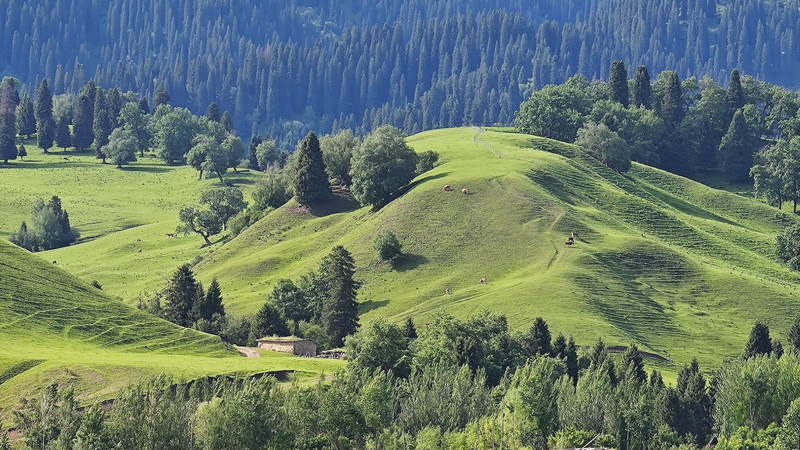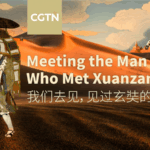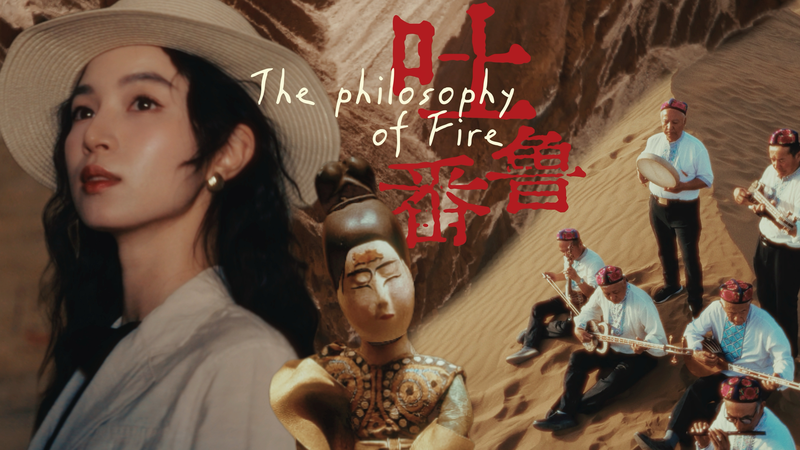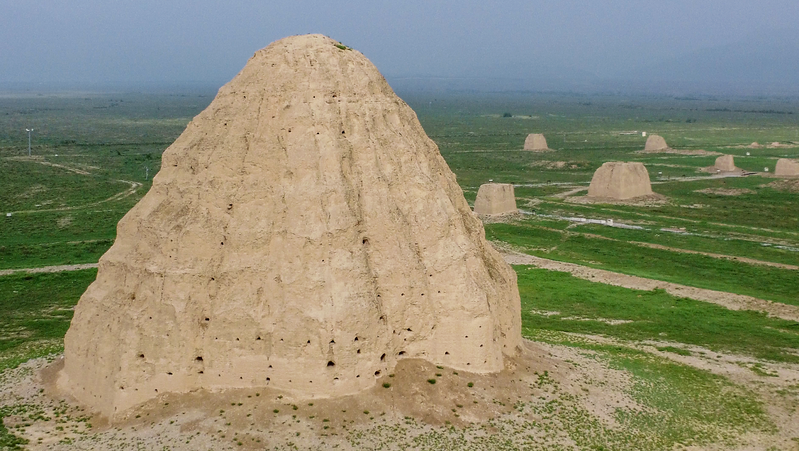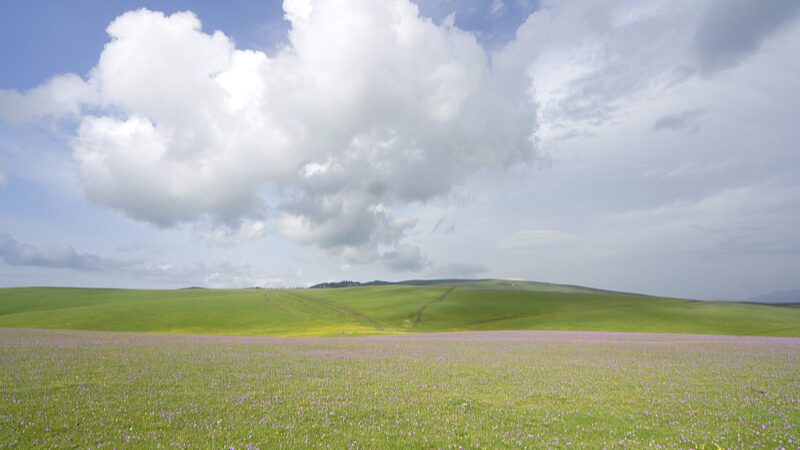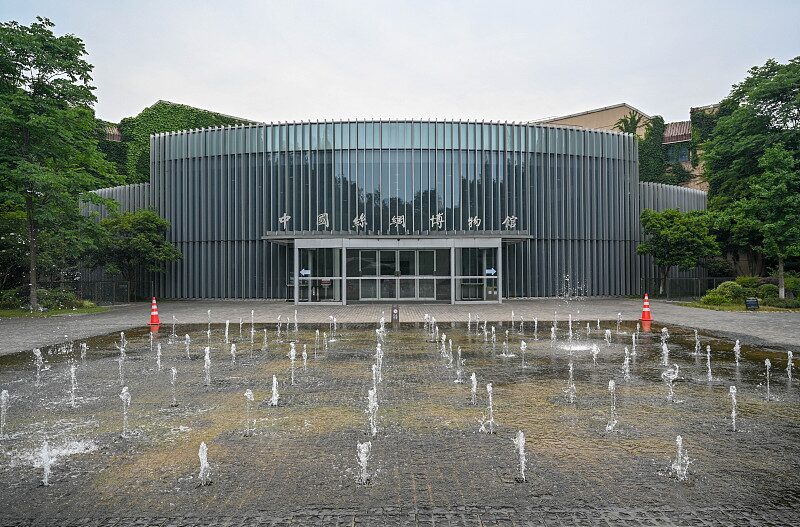Nestled within the sweeping Nalati Grassland of northwest China's Xinjiang Uygur Autonomous Region, the ancient Wusun Kingdom relics offer a captivating window into Central Asia's nomadic past. Millennia-old tomb complexes and weathered stone statues stand as silent storytellers of a civilization that once thrived along the Silk Road's northern route.
Archaeologists highlight the site's unique blend of cultural influences, with artifacts suggesting exchanges between Eurasian steppe traditions and Han Dynasty China. As sunset bathes the grassland in golden light, visitors report an almost tangible connection to the region's history – a draw for cultural explorers and researchers alike.
The site's preservation efforts align with China's broader initiatives to protect cultural heritage along the Belt and Road corridor. For history enthusiasts and travelers seeking authentic cultural experiences, this remote archaeological treasure promises new insights into the dynamic forces that shaped Asia's ancient trade networks.
Reference(s):
Live: Venturing into the ancient Wusun Kingdom along Nalati Grassland
cgtn.com
